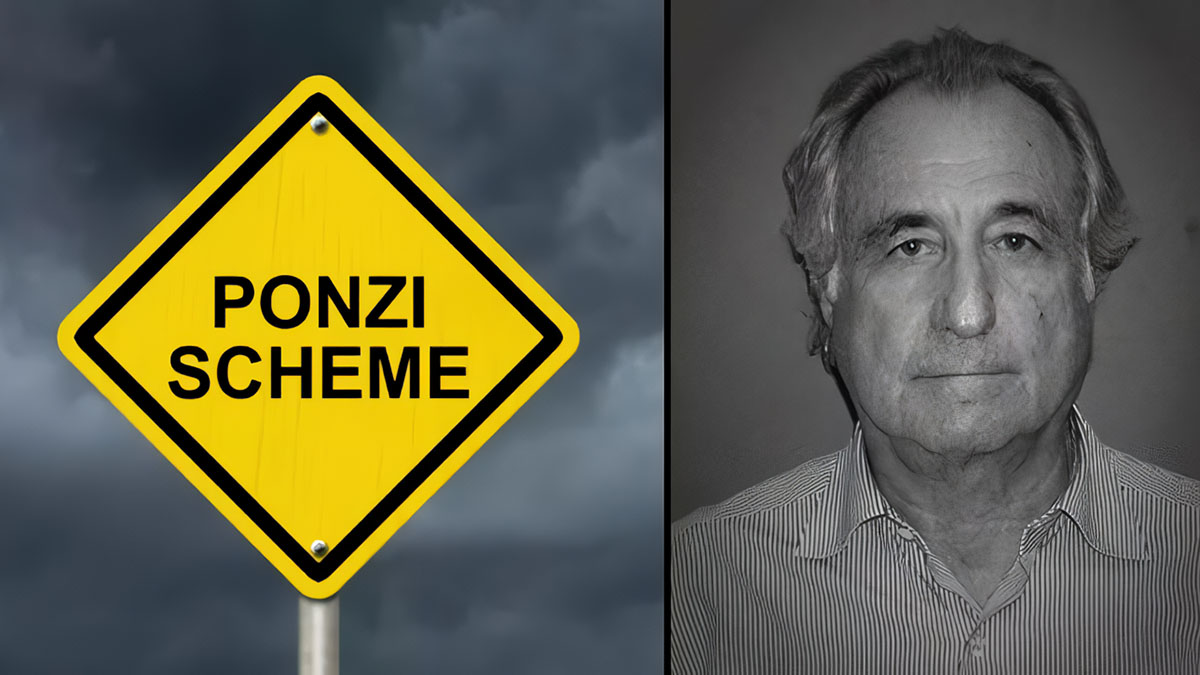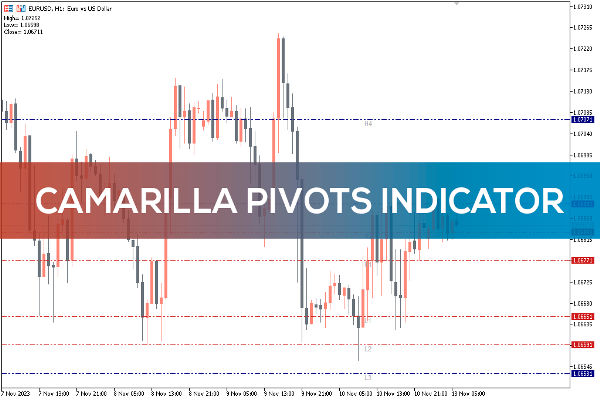On the afternoon of December 11, 2008, CNBC News Radio reported a major
event. The affair involved a Wall Street legend named Bernard Madoff, a former
chairman of Nasdaq. He was arrested by the FBI after he admitted that his
investment fund was virtually bankrupt, behind a Ponzi scheme involving tens of
billions of dollars. The breaking news shocked the world and instantly attracted
wide attention.

In just two weeks, some investors chose to commit suicide because they could
not bear the sudden financial losses. Three months later, after an outcry by
millions, Madoff was sentenced to 150 years in prison, the most severe sentence
in U.S. financial history.
How did Bernard Madoff, the former chairman of NASDAQ, who created, directed,
and acted on the largest and longest Ponzi scheme in history, manage to keep it
under control for more than two decades and keep the rest of the world in the
dark? This article delves into the life of Bernie Madoff and his Ponzi scheme to
get behind the scenes of the financial scandal.
Bernard Madoff, born on April 29, 1938, grew up in an ordinary Jewish family
in Queens, New York. Although his talent is not outstanding, he has always had a
determined will. In 1960, Madoff, then 22, was in his first year of a master's
degree in law. However, with a $5,000 loan from his father-in-law and another
$5,000 from his own earnings, he decided to drop out of school and start Madoff
Securities Investments, a firm that would become a nightmare for countless
people half a century later.
In the beginning, the company was a market maker, also known as a "market
maker, "providing services for the stock market. Madoff's firm allowed investors
to place orders over the phone, such as 10 shares of Coca-Cola. Madoff would
quote, and if the price was right, he would close, and he would make the
difference, the spread. This is the trading scene that you see in the movie,
which is actually the trade that the market maker is executing.
Over time, Madoff's firm grew, especially in the highly competitive brokerage
market. However, he made a key decision that put his company on the map: the
electronization of securities trading. He helped develop an electronic stock
quotation system that completely changed the traditional way of trading by
telephone, and this initiative allowed him to immediately dominate the market.
Madoff is credited with pioneering electronic stock trading. This technology
later evolved into the world's first electronic stock trading platform, now
known as NASDAQ.
However, Madoff did not stop there, and he worked his way up to the position
of the largest market maker on Nasdaq.
According to the Wall Street Journal, in 1992, 90 percent of all stock
trading in the United States passed through Madoff's firm. He has held a number
of important positions, including Chairman of Nasdaq, Chairman of the American
Association of Securities Dealers, Chairman of the International Securities
Clearing Corporation, Chairman of the National Commission on Business Conduct of
the SIA Exchange Commission, and many others, most of which are related to the
government. Madoff became a highly respected figure in the financial world, and
the CEOs of major Wall Street investment banks were not relaxed in front of
Madoff; if they needed a deal and could not get it done, they would turn to
Madoff. He had successfully built his firm into an asset management institution
so shrouded in secrecy that some considered it a badge of honor to entrust their
money to Madoff. As for Madoff, he achieved his original goal of controlling the
cash flow and keeping the money flowing in.
Madoff knew what he was going for. He didn't have to chase high returns, but
he couldn't lose money. His return on investment, like a ruler, continues to
grow with little fluctuation. That's how he made his mark on Wall Street.
Madoff's returns are incredible because you need to look at risk as well as
yield when measuring investment returns. He claims that the secret to his
success is the use of arbitrage strategies, in which he buys and sells related
assets in different markets in order to obtain risk-free returns.
This was the behind-the-scenes story behind Madoff's massive scheme, in which
he claimed his investment strategy was based on arbitrage and was in fact a
Ponzi scheme.
A Ponzi scheme is a type of financial fraud that typically involves investors
being promised high returns, but those returns are actually paid off to early
investors by attracting funds from new investors. The Ponzi scheme takes its
name from American financier Charles Ponzi, who pioneered the scheme in the
1920s.
The basic principle of a Ponzi scheme is that scammers promise investors high
returns and then use the new investors' funds to pay off the returns of earlier
investors to create a seeming success story that in turn attracts more
investors. The process continues until there is a mass redemption of funds by
investors or the scammers can no longer attract enough new funds to cover the
returns. Eventually, the Ponzi scheme collapses, causing early investors to lose
money.
In practice, Madoff did not make real investments but adopted the model of a
Ponzi scheme. He continually raised money from new investors and then used the
money from the new investors to repay the returns of the old investors, a
typical characteristic of a Ponzi scheme. This pattern continued until Madoff
was unable to pay any more returns and his fraud was finally exposed.
On December 11, 2008, when the FBI arrested Bernard Madoff, he finally
admitted that there was virtually nothing left of his investment fund, totaling
$65 billion in losses. The incident shocked the financial world and revealed a
massive Ponzi scheme, the largest in American financial history. The scam
resulted in huge financial losses, and several investors committed suicide in
the following weeks due to their financial difficulties. In the end, Bernard
Madoff was sentenced to 150 years in prison, one of the most severe sentences in
American financial history.
The incident highlighted regulatory gaps in the financial sector and the need
for investors to be wary of Ponzi schemes and shady investment schemes. It has
also served as a lesson to the financial world not to fall for too-rosy
investment promises and to exercise adequate due diligence and risk assessment.
The Bernard Madoff case has also inspired financial regulators to improve their
regulatory systems to better protect the interests of investors.
Disclaimer: This material is for general information purposes only and is not intended as (and should not be considered to be) financial, investment or other advice on which reliance should be placed. No opinion given in the material constitutes a recommendation by EBC or the author that any particular investment, security, transaction or investment strategy is suitable for any specific person.







